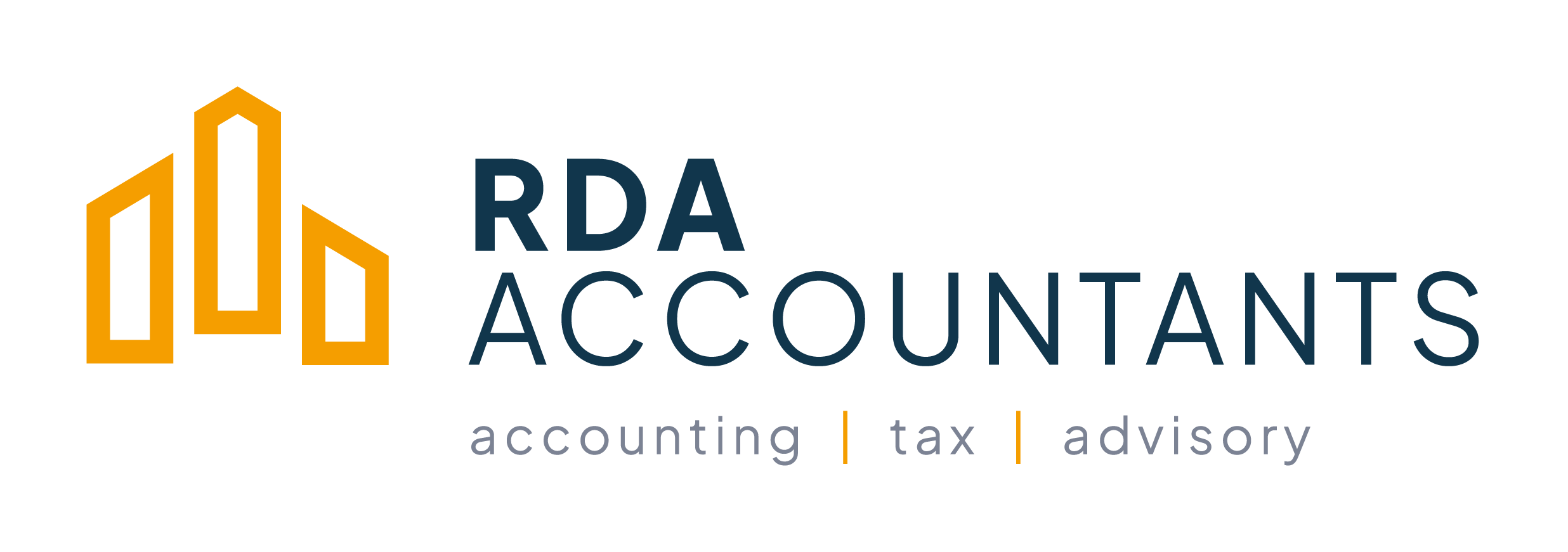Registering the employee
Business owners have obligations in relation to 2015 payroll close off!
With the end of the year rapidly approaching, there are certain obligations required of business owners in relation to close-off of 2015 payroll. What are these obligations?
The following outline some of the topics which are relevant.
Week 53
Where 31 December is the 53rd pay day in 2015, the employer should apply an extra week’s standard rate cut off point and tax credit to employees on a week one basis. An amendment to Finance Bill 2015 extended this provision to the application of the USC, i.e. an extra week’s USC bands can be applied in week 53.
A similar process can be followed where an employer has a 27th fortnightly or a 14th four weekly payroll.
P60’s
All employees in employment on 31 December should receive a P60. Where an individual ceases employment on the 31 December, that individual should receive both a P45 and a P60.
Small Benefit Exemption
This exemption is typically used around Christmas to provide a tax free benefit to employees. Only one non-cash benefit can be provided tax free to an employee in a year.
Finance Bill 2015 is proposing to give legislative effect to the small benefit exemption whilst at the same time increasing the value that can be treated as tax-free from €250 to €500. Both employees and employers will welcome this measure as it allows for one of the few opportunities for an employer to provide a tax-free benefit to employees.
The Finance Bill is expected to be signed into law in early December with the increased threshold to take effect from 22 October 2015, which means that it should be available for Christmas 2015
Illness benefit
Illness benefit is a payment made by the Department of Social Protection (DSP) to an employee, subject to certain conditions, who cannot work due to illness. PAYE must be collected on taxable illness benefit, whether paid to an employee or mandated to an employer, through the PAYE system. PRSI or USC is not due on illness benefit.
The DSP use Revenue’s ROS in-box facility to provide employers with notifications of taxable illness benefit. There can be delays in notifications being sent to the ROS inbox. Where employers outsource their payroll function, they should pass on the notification letters to their agent for payroll inclusion. Any illness benefit relating to 2015 which has not been already included in the 2015 payroll should now be included, and taxed where necessary
Benefit in Kind (BIK)
Subject to certain exceptions, BIKs received from an employer are taxable. Company cars and employer paid medical insurance are amongst the most common BIKs. Prior to payroll year end, employers should:
· Ensure backup documentation in relation to BIK is included in the payroll records
· Review BIK calculations
· Put any necessary adjustments through payroll prior to year end
Pension limits
Relief is available from PAYE for employee contributions to Revenue approved pension schemes. The maximum amount of pension contributions in respect of which an individual may claim tax relief may not exceed the relevant age-related percentage of the individual’s earnings in the year, as set out below
Age % of Earnings
Up to 30 Years 15%
30 but less than 40 20%
40 but less than 50 25%
50 but less than 55 30%
55 but less than 60 35%
60 years and over 40%
Earnings are capped at €115,000 for employee pension contribution purposes.
Employees who wish to maximise tax relief for pension contributions through payroll by making an AVC should notify Payroll / HR now
End of Year P35 Returns
An employer who continues in business until the end of the income tax year must send to Revenue, by 15 February:
· Form P35 – the employer’s declaration and certificate
· Form P35L – the return in respect of each employee
· Form P35LF – taxable benefits and pension products contributions
· Any balance of income tax or PRSI due ( with completed form P35)
If you require any further information on how to prepare your business for end of year please contact Paul Redmond @ 053 9170507 or email paul@rda.ie
